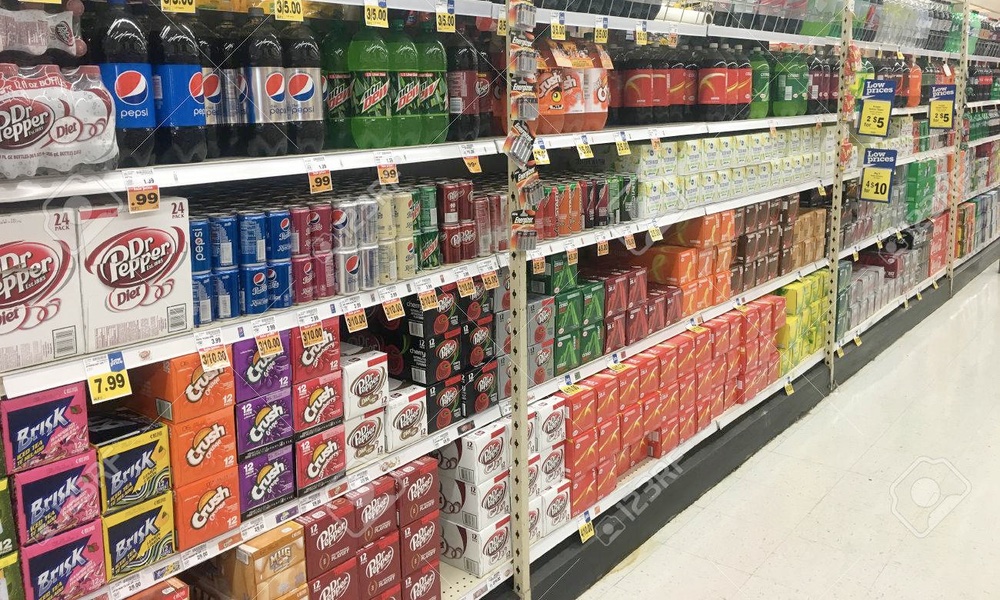Taxes on sweetened beverages work to decrease their use, but only while they are in effect and perhaps only if they are levied with the appropriate public health message, according to a new study.
Several cities have implemented soda taxes, taxes on sugary beverages, in some cases to try to control rising rates of overweight and obesity and the health problems they bring; in others to generate revenue.
For the most part, soda taxes have worked. They have tended to decrease the consumption of sodas and other sweetened drinks, but they have not always worked as hoped. Increased taxation not only has a way of producing a lopsided effect on people of color and working families, soda taxes may be ineffective when people decide to purchase lower-tax beverages, such as beer, that also have health consequences.The Cook County tax did decrease the demand for sweetened beverages by 27 percent while it was in effect, but the public resented it.
The tax did decrease the demand for sweetened beverages by 27 percent while it was in effect, according to Lisa Powell of UIC, but its speedy repeal marked a missed opportunity to promote a public health message on the harmful effects of sweetened beverages, linking them to diseases like type 2 diabetes, cardiovascular disease and obesity which are now known to be associated with more severe illness from COVID-19.
The Illinois Sweetened Beverage Tax was promoted as a way to lower budget deficits in Cook County, Illinois, which encompasses Chicago. It taxed not only sugar-sweetened beverages but also beverages sweetened with artificial sweeteners. University of Illinois Chicago researchers decided to use the short-lived tax as an opportunity to look at the effect the messaging around soda taxes can have.
They compared the quantity of sweetened beverages sold and their prices in Cook County from two years before the tax to the four months after the tax was in place and the eight-month period of time after the tax was repealed to sales and price of sugar- and artificially- sweetened sodas in St. Louis, Missouri, which did not have a soda tax.
During the four months the soda tax was in effect in Cook County, the price of sweetened beverages rose 1.13 cents per ounce. Once the tax was repealed, the price dropped 1.19 cents per ounce. Sales of sweetened beverages dropped by 27 percent with the tax, but rose about 30 percent after the tax repeal.
Researchers were left to wonder if there could have been a more lasting impact had public messaging been focused on the health benefits of decreased consumption of sweetened beverages rather than raising money for the county in a way that disadvantaged the working class.
The study was published in JAMA Open Network.





